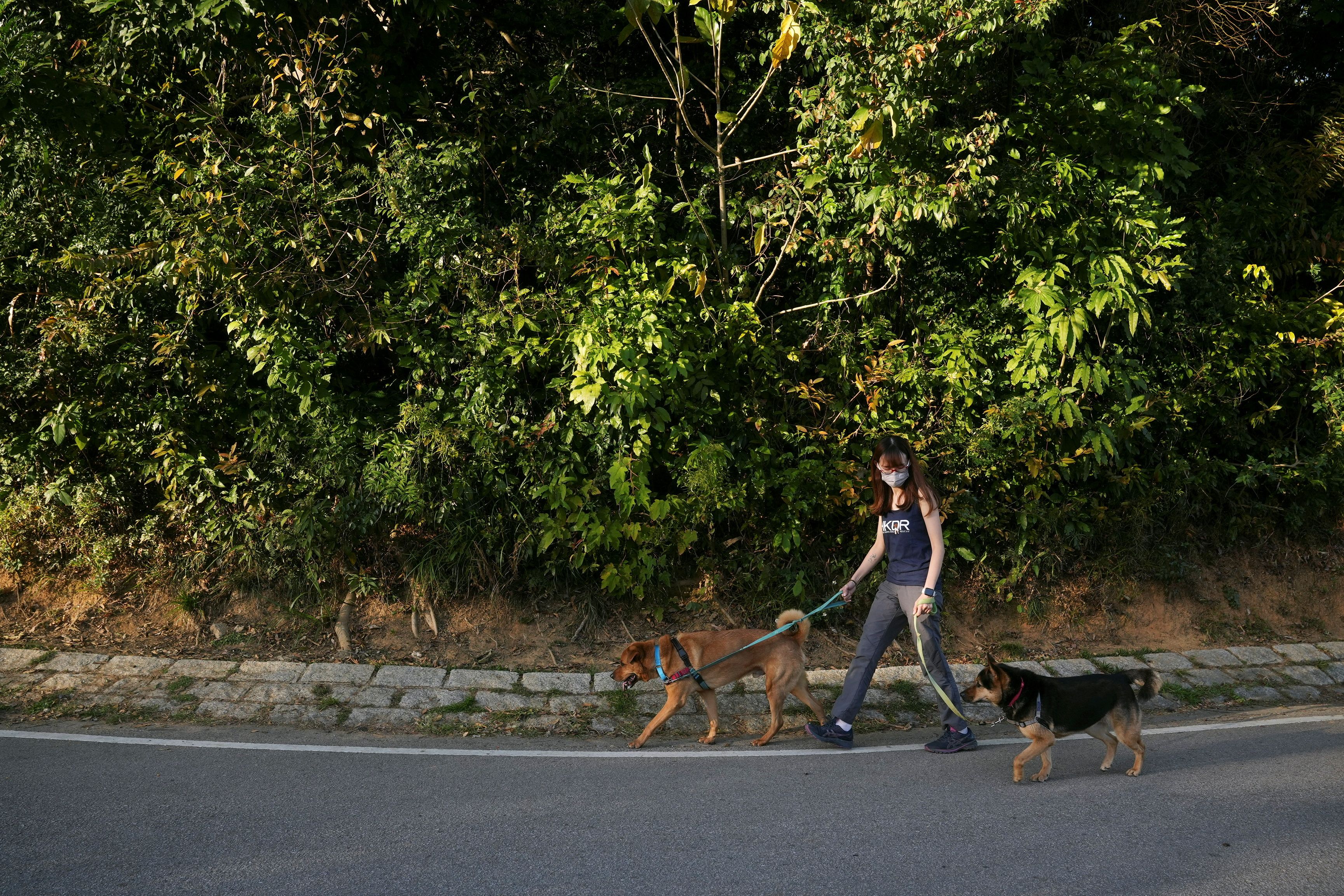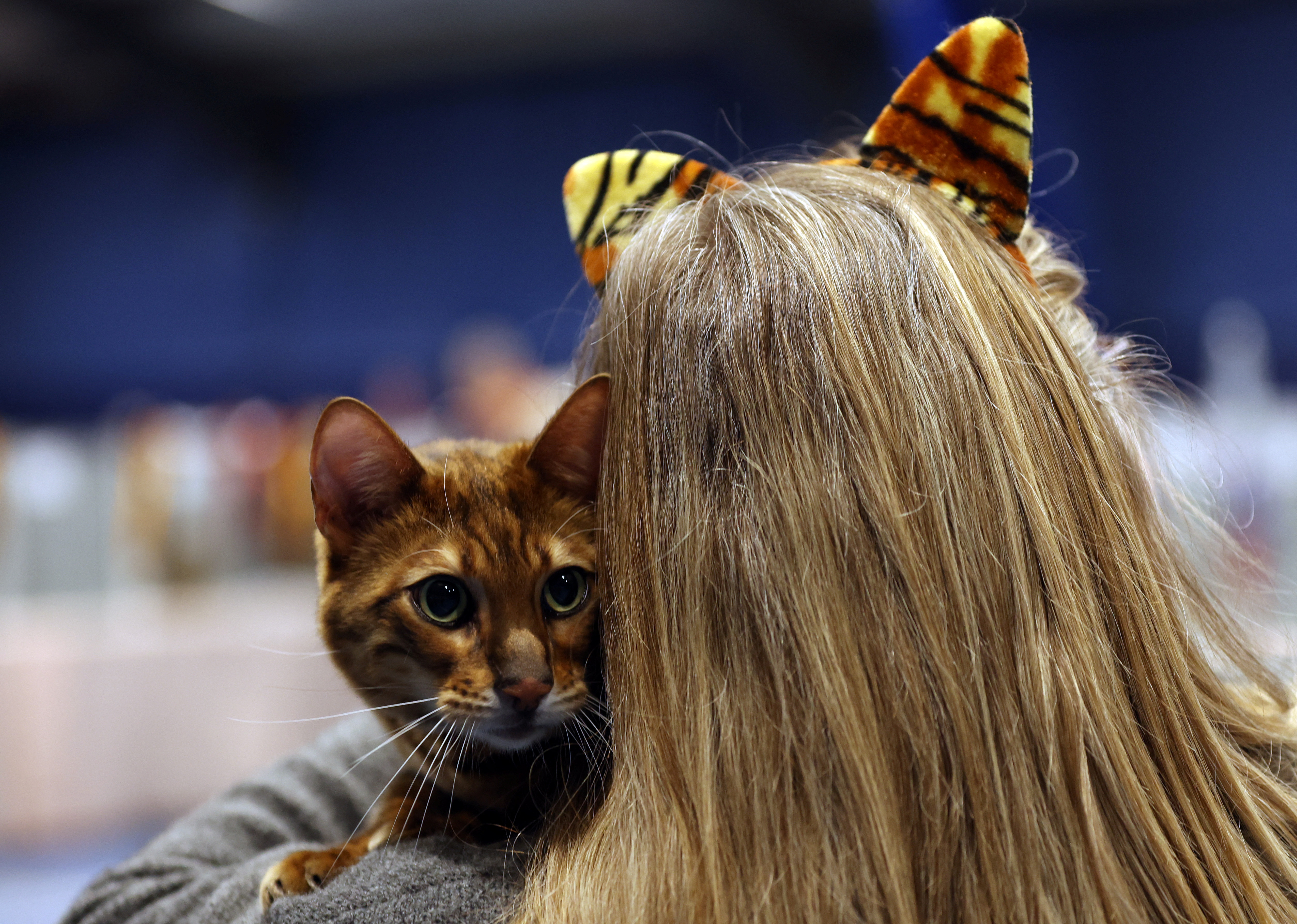
Human beings, perhaps because of our cultural roots or perhaps because we are the ones who have the capacity to be the only ones capable of writing history, place ourselves (or someone places us) at the top of the hierarchical pyramid of nature.
However, it would be good if we considered ourselves once and for all what we are, just “naked monkeys” (without hair) with interesting competitive distinctions instead of defining ourselves as pretended superior beings.
Our anatomy, the skills acquired based on the biological possibilities of our evolutionary heritage, our relationship life, our inventions, our artistic vocation or even our fantasies can make us believe that these differences make us so different from the rest of the animals that exist possibility of higher believers. But that is not so.
When analyzing differences, our own capacities arise that allow us to feel happy for their existence, but in no way to consider any superiority. We humans talk. No animal does it with the word articulated and a meaning concordant with a signifier anchored in the brain.

Apes, our closest relatives, are not able to use articulate language to communicate. To find the reasons we must dig into the structure of our brain and in other parts of our anatomy such as the larynx prepared to do so.
Our ability to use language is located in the left hemisphere, specifically in two areas: Broca's area (associated with speech articulation) and Wernicke's area (associated with understanding, the meaning of what we say), not found in any other animal.
Another very important distinction is that hardly any animal shows our upright way of walking. Our way of walking is very useful because it frees our hands to use tools and to take food from another perspective while we walk, which, in short, is what has allowed the great parallel development of our brain.
The apparent lack of hair could be another difference, but it has been proven that, even if we have the same number of hair follicles per unit area as a chimpanzee, humans have thinner, shorter and lighter hairs than most primates, which makes it harder to endure being naked in terms of inclement weather is concerned.

Continuing within the field of differences and similarities, we note that humans are not the only animals with opposable thumbs, since other apes also have them. What makes us unique is how we can carry our thumbs along the hand to the ring and little fingers. In other words, our opposable thumbs are much longer than those of other primates, which facilitates the strength and firmness of the grip of tools and fruits.
Being able to handle fire at will, on the part of humans, has been a favorable difference that allowed us to see in the dark and defend ourselves against predators. All that was much better guaranteed the survival of the species.
On the other hand, humans have very long and protected childhoods comparatively with many animals. The explanation seems to lie in our large brains and their high number of cortical neurons, since other animals with a similar pattern and structure, such as some birds and mammals, also have a long childhood and an extended longevity.
So far some differences, let us know how to honor them by respecting other forms of life expressed in the natural context.
*Prof. Dr. Juan Enrique Romero @drromerook is a veterinary physician. Specialist in University Education. Master's Degree in Psychoimmunoneuroendocrinology. Former Director of the Small Animal School Hospital (UNLPAM). University Professor at several Argentine universities. International lecturer.
KEEP READING:
Últimas Noticias
Debanhi Escobar: they secured the motel where she was found lifeless in a cistern
Members of the Specialized Prosecutor's Office in Nuevo León secured the Nueva Castilla Motel as part of the investigations into the case

The oldest person in the world died at the age of 119
Kane Tanaka lived in Japan. She was born six months earlier than George Orwell, the same year that the Wright brothers first flew, and Marie Curie became the first woman to win a Nobel Prize

Macabre find in CDMX: they left a body bagged and tied in a taxi
The body was left in the back seats of the car. It was covered with black bags and tied with industrial tape
The eagles of America will face Manchester City in a duel of legends. Here are the details
The top Mexican football champion will play a match with Pep Guardiola's squad in the Lone Star Cup

Why is it good to bring dogs out to know the world when they are puppies
A so-called protection against the spread of diseases threatens the integral development of dogs



